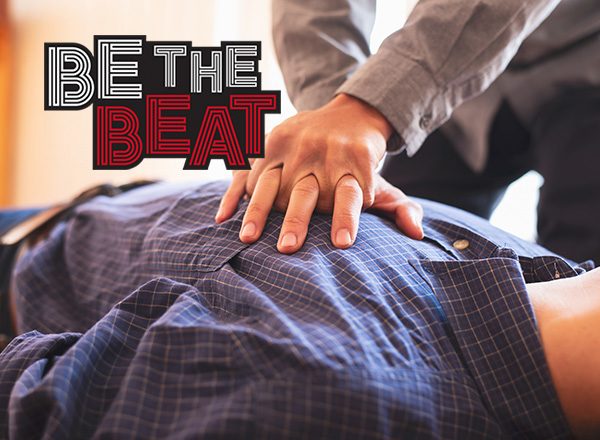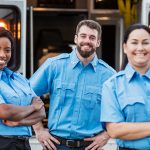CPR and AED Awareness Week is an annually designated week in early June to raise awareness and promote education about CPR and automated external defibrillator (AED) use. This week aims to empower individuals with the knowledge and life-saving skills needed to act in the event of a sudden cardiac arrest.
During CPR and AED Awareness Week, organizations and institutions across the country conduct training sessions, distribute educational materials and hold events to educate individuals on how to perform CPR and use AEDs. The goal is to raise awareness about the importance of early cardiac arrest intervention, encourage people to learn or refresh their CPR and AED skills and increase survival rates.
National CPR and AED Awareness Week Significance and History
This week was established in 2007 as a collaborative effort between the American Heart Association (AHA), American Red Cross and National Safety Council. The organizations worked together to promote CPR and AED education and training and to emphasize the critical role these skills play in saving lives.
The significance of this week lies in its potential to save lives. CPR and AEDs can make a significant difference in survival rates for individuals who experience sudden cardiac arrest. According to the AHA, immediate CPR and AED use can double or even triple a person's chance of survival.
By increasing public awareness and understanding of the importance of CPR and AED skills, the week has helped to improve the quality of resuscitation efforts and increase the chances of survival for those who experience sudden cardiac arrest.
National CPR and AED Awareness Week serves as a valuable reminder of the importance of being prepared to act in an emergency situation and highlights the critical role bystanders play in saving lives.
How to "Be the Beat" in Your Community to Join a National of Lifesavers
Did you know the majority of sudden cardiac arrests outside of a hospital setting take place in people's homes, accounting for roughly 70% of cases? In the event of an emergency where you're called upon to perform CPR, it's highly probable you'll be striving to save a cherished loved one's life — your parent, your spouse or your child. By taking action, you can make all the difference.
CPR is a lifesaving technique used in emergency situations when someone's breathing or heartbeat has stopped. CPR is performed to restore blood flow and oxygen to the brain and other vital organs until emergency medical services (EMS) personnel can take over.
AEDs are also a crucial lifesaving tool that play a significant role in responding to sudden cardiac arrest. The longer a person goes without a normal heartbeat, the lower their chances of survival become, decreasing by 7% to 10% with every passing minute. Immediate AED use prior to EMS arrival can significantly increase a person's chances of survival and overall outcomes following out-of-hospital cardiac arrest (OHCA).
In fact, when used in combination, CPR and AED provide the best chance of saving a life. By learning CPR and how to use an AED, you acquire the skills and knowledge required to act quickly and effectively to save lives. These are essential skills anyone can learn that help you remain calm and confident during a cardiac emergency.
The Importance of High-Quality CPR
According to the AHA, high-quality CPR is "the single greatest determiner of survival" during sudden cardiac arrest. Fortunately, RQI provides evidence-based training and resources on best practices for delivering high-quality CPR, including:
- Providing compressions of adequate rate and depth
- Minimizing interruptions in chest compressions
- Avoiding excessive ventilation and leaning between compressions
In addition to RQI, the AHA offers a variety of CPR training courses for the general public. Education and courses include:
- CPR AED Training
- Hands-Only CPR Resources
- Heartsaver® Courses
- Family and Friends CPR
- CPR Anytime Training Kits
- Building a Cardiac Emergency Response Plan
The AHA also provides hands-on training and practice opportunities to help individuals feel more confident in their ability to respond to cardiac emergencies.
Awareness is just the beginning. By taking advantage of the training and resources RQI and the AHA provide, you can help "be the beat" in your community by feeling better prepared to give CPR and respond effectively in cardiac emergency situations.
Have you learned CPR and how to use an AED yet?









